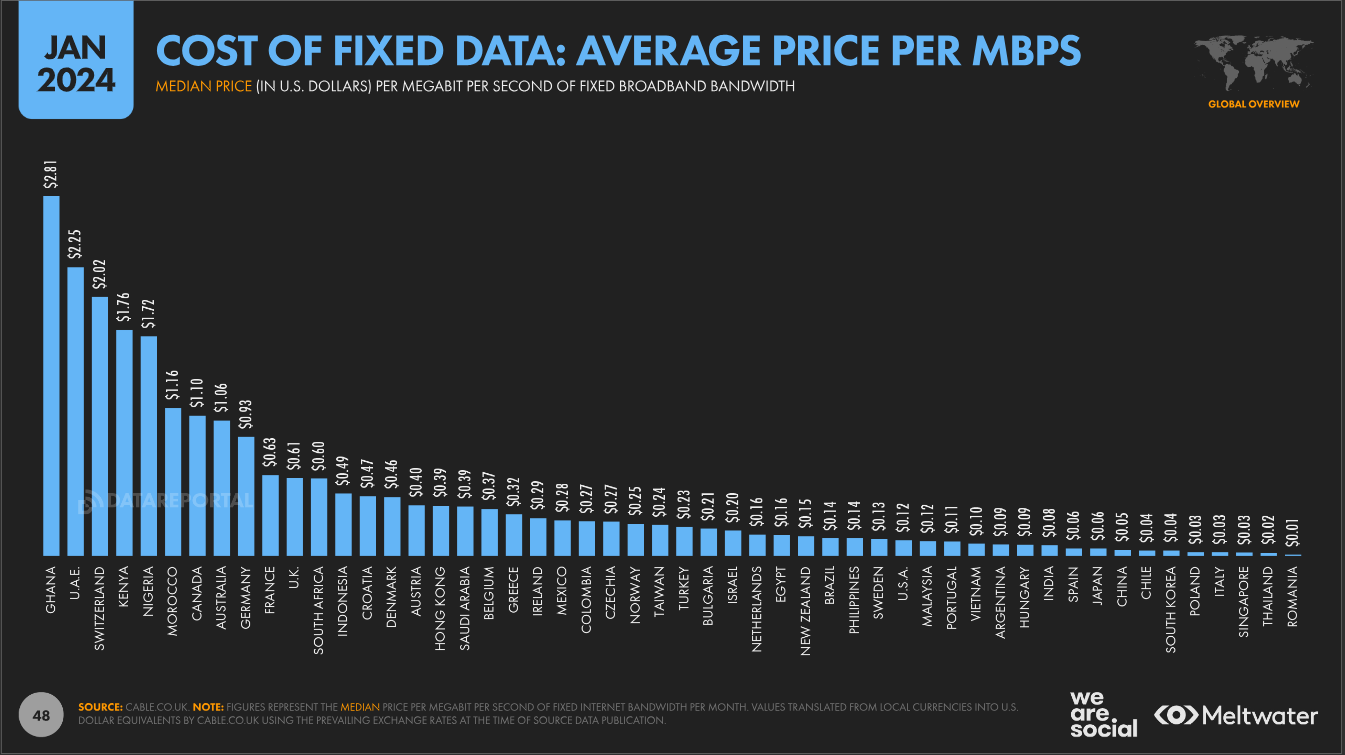
IQ, or Intelligence Quotient, has long been a controversial measure of human intelligence. While many argue that IQ does not fully capture an individual’s potential, it is often used in global comparisons to study education, socio-economic factors, and access to resources.
Here are 10 countries with the lowest IQ:
1. Sierra Leone
Sierra Leone, with an average IQ of around 91, has faced decades of challenges, including civil war and the Ebola crisis. Poor educational infrastructure and limited access to resources hinder intellectual development, despite the country’s rich cultural heritage.
2. Nepal
Nepal, a Himalayan nation renowned for its stunning landscapes, records an average IQ of approximately 90. Educational opportunities are scarce in rural areas, and many children face barriers such as poverty and early marriage.
3. Liberia
In Liberia, years of political instability and economic challenges have taken a toll on education systems. The country’s average IQ of 89 reflects these systemic issues, although there is a growing emphasis on rebuilding and investing in youth education.
4. Guinea
Guinea, another West African country, has an average IQ of 88. Factors such as low literacy rates, malnutrition, and limited educational facilities significantly influence these numbers.
5. Mozambique
Mozambique’s average IQ, which hovers around 87, is affected by a combination of poverty, inadequate schooling, and health challenges.
Despite these obstacles, the nation has shown resilience and gradual improvement in educational enrolment.
6. Ethiopia
Ethiopia, with an average IQ of 86, has struggled with droughts, conflict, and educational disparities. However, its rich history and efforts to modernise its education system indicate potential for future progress.
7. South Sudan
South Sudan, the world’s youngest country, has an average IQ of 85. Ongoing conflicts and displacement have disrupted education and economic stability, but international aid is playing a role in rebuilding schools.
8. Somalia
Somalia’s average IQ of 84 is largely shaped by its long history of civil unrest. Limited infrastructure, including schools and healthcare facilities, continues to affect the intellectual development of its population.
9. Niger
Niger, with an average IQ of 83, has one of the highest poverty rates globally. High child mortality, malnutrition, and restricted access to education are persistent challenges.
10. Equatorial Guinea
Equatorial Guinea, despite being an oil-rich nation, has an average IQ of 82. The disparity between wealth and public service delivery has left many citizens without adequate education and healthcare.
What Influences These Statistics?
IQ averages are not definitive measures of a nation’s intelligence or potential, as factors like access to education, health, economic stability, and cultural bias play a role. Limited schooling, malnutrition, poverty, and tests favouring Western thinking often contribute to lower scores. Addressing these issues requires better education, healthcare, and resources to unlock potential.
While these statistics highlight disparities, they also underscore the importance of investment in education, healthcare, and infrastructure. Many of the nations mentioned are making strides to improve their situations, demonstrating that with the right support, intelligence and potential are boundless.
Read Full Story























Facebook
Twitter
Pinterest
Instagram
Google+
YouTube
LinkedIn
RSS